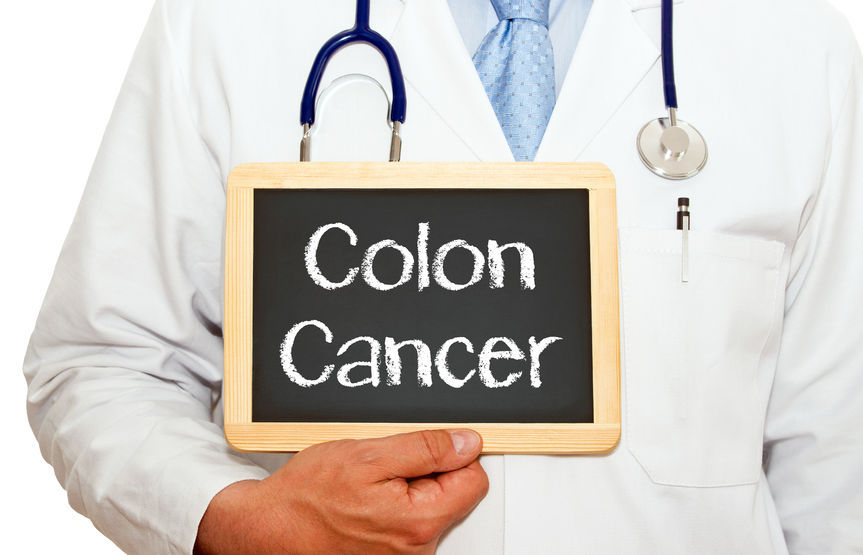Did you know that March is National Colorectal Cancer Awareness Month? And did you know that colorectal cancer is the nation’s second-leading cause of death from cancer for both women and men? The good news is that colorectal cancer can often be treated effectively when caught early. That’s why The Centers for Disease Control and Prevention (CDC) recommends men and women over aged 50 talk with their doctor and schedule yearly testing.
What exactly is colorectal cancer?
Colorectal cancer is a type of cancer that can occur in your colon or rectum. Often, people refer to this type of cancer simply as colon cancer, and it can affect the entire large intestine.
How do I get it?
Colon cancer usually starts with small, precancerous polyps, or growths, that develop in your colon or rectum.
As it turns out, both men and women get the disease at equal rates, but it’s mostly found in individuals aged 50 and older. If you have a family history of colon cancer, or precancerous polyps, you may also be at higher risk. Inflammatory bowel disease may play a factor, as well as some genetic conditions well-known for causing polyps.
How can I fight colon cancer?
The best way to fight colorectal cancer is by getting regular testing (colonoscopy) and early treatment.
What is a colonoscopy?
The Mayo Clinic does a great job of explaining a colonoscopy:
“A colonoscopy is an exam used to detect changes or abnormalities in the large intestine (colon) and rectum. During a colonoscopy, a long, flexible tube (colonoscope) is inserted into the rectum. A tiny video camera at the tip of the tube allows the doctor to view the inside of the entire colon. If necessary, polyps or other types of abnormal tissue can be removed through the scope during a colonoscopy. Tissue samples (biopsies) can be taken during a colonoscopy as well.” (Source: Mayo Clinic)
A colonoscopy is an easy, convenient, and painless procedure. At Horizon Family Medical Group, we’re here to answer any questions you may have, and to help you through the procedure.
For more information
http://www.cdc.gov/cancer/colorectal/pdf/Basic_FS_Eng_Color.pdf
http://www.cdc.gov/cancer/colorectal/pdf/SFL_brochure.pdf
From the American Gastroenterological Association: Why Screen for Colorectal Cancer

